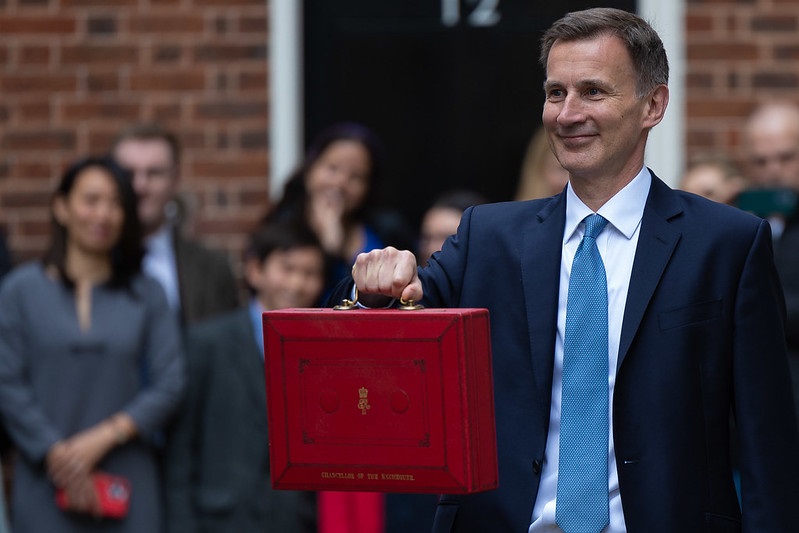
The Chancellor Jeremy Hunt froze duty on a pint of ale in the pub and maintained fuel tax at its current level for another year.
Most significantly he announced government support to households for energy bills would continue at its current level until the end of June.
The Energy Price Guarantee, introduced in September last year, will ensure a household with the average energy usage will pay no more than £2,500 a year for their gas and electricity. There were plans to increase this ceiling to £3,000, so the decision to maintain the current level is welcome as it will save the ‘average’ household £160.
‘Disappointment’ at lack of housing support
But for those struggling with higher mortgage repayments or facing challenges to get onto the property ladder, there was no indication of financial support.
The Chancellor said forecasts showed the UK would not face recession and that inflation would fall from 10.7% at the end of 2022 to 2.9% by the end of this year, which may offer hope to those struggling with high living costs.
Kellie Steed, Uswitch.com mortgage expert, said the omission of any mortgage support was not necessarily a concern. She said: “A large focus of Hunt’s first budget has been getting the nation back to work, with a number of plans aimed at making work more accessible to the economically inactive.
“In the absence of any direct help with higher mortgage costs, this at least provides hope to those struggling due to a lack of income”.
But Richard Fearon, CEO of mortgage lender, Leeds Building Society said he was disappointed at the omission of any housing support.
“It is however a missed opportunity to grow the economy by addressing the UK’s home ownership crisis caused by a lack of housing and show support for savers,” he said.
“While it is particularly positive to see support for families with young children struggling with the cost of childcare, we know that owning your own home also brings huge economic, education and health benefits.
“With the affordability of home ownership now at its worst point for 150 years it is clear that support for first-time buyers must be a key battleground at the next General Election.”
Families to receive financial support for childcare costs
One of the headline announcements in the Spring Budget was the reform of the childcare system in the UK.
Currently many families struggle with high childcare costs, a financial burden which can make the difference between being accepted or rejected for a mortgage.
In his statement today Jeremy Hunt is extending free childcare hours so that working parents can claim from the time their child is nine months old.
As it stands, parents can claim 30 free hours free for 38 weeks of the year for children aged three or four only. But the new system – which will be introduced in stages until September 2025 – will extend this to parents once their maternity or paternity leave ends.
Laura Suter, head of personal finance at AJ Bell, said: “This move will remove the huge barrier for many in returning to work, as often childcare fees are more than they earn.
“This is a policy that will specifically boost women, who are typically the ones who drop out of the workforce to be a full-time parent.
“We know that these career gaps are big contributors to the huge gender wealth gap, from earnings to savings to pensions. If those women who want to work can afford to return to paid employment, it will not only boost the economy but the pockets of families across the country.”
Annabelle Williams, personal finance specialist at Nutmeg, the digital wealth manager, said it will also help parents who want to work, but currently cannot, at a time when the cost of living is so high.
“Paying for childcare is often a big chunk of the family budget and it’s an essential outgoing too,” she said, “it’s not something that parents can easily cut costs on.
“It can be incredibly stressful looking at the different options for childcare and finding that all of them would be a stretch financially – but this is the lived experience of many parents.
“The price of day-to-day essentials has soared and it’s putting pressure on parents whose incomes haven’t risen as rapidly. Most households are finding ways to cut back on spending where they can, but childcare just isn’t the same as other bills.”




